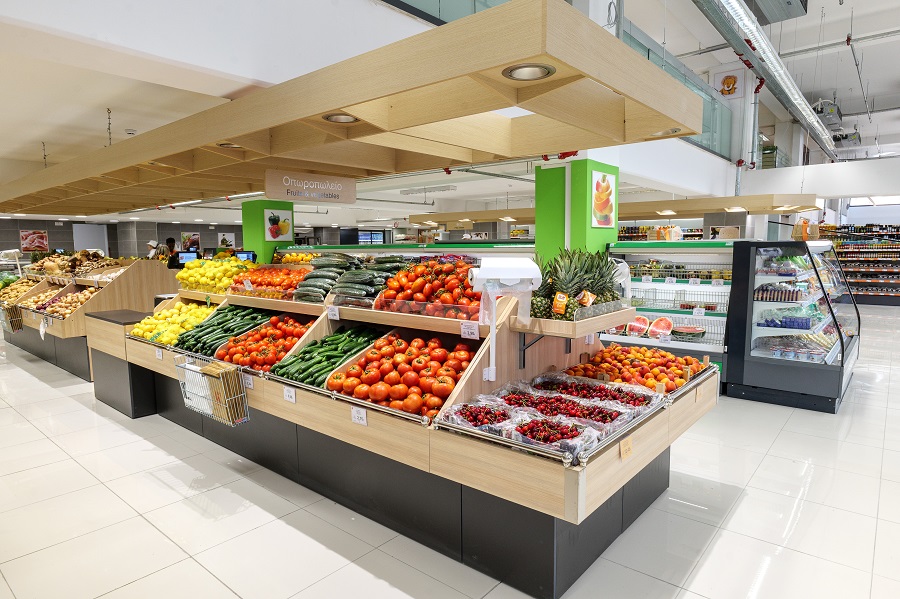The modern consumer is no longer simply looking for low prices. Today’s shopper is more informed, more demanding, and deeply aware of the value behind each purchase. In Cyprus, this shift has created a new landscape for supermarkets—one where quality, variety, and affordability are not just desirable, but expected.
Gone are the days when supermarket success was measured only by the lowest price tags. Today, winning customer loyalty requires a broader and more thoughtful approach. Shoppers now demand not just products, but a complete shopping experience: access to a wide selection of goods, high product standards, ethical sourcing, and consistent value.
This evolution has pushed the Cypriot retail market toward maturity. A growing number of supermarkets are responding with innovative strategies to meet these rising expectations. Some are even managing the seemingly impossible: combining extensive variety, top-tier quality, and competitive prices—all under one roof.
One notable example comes from a Greek-owned supermarket chain in Cyprus, which has successfully implemented nationwide uniform pricing. This approach enhances price transparency and ensures that consumers in all regions receive the same value, fostering trust and long-term loyalty.
Greek products play a key role in this retail transformation. With Greece ranking as Cyprus’s top import partner, Cypriot consumers enjoy access to a broad range of Greek goods, from pantry staples to gourmet specialties. These items are often viewed as offering superior quality and reliability at accessible prices, making them an increasingly popular choice for households across the island.
But the demand for quality and variety goes far beyond specialty imports. Even for basic daily essentials, consumers are asking more questions. Where was this product made? What are the conditions under which it was produced? Is it organic, vegan, or locally sourced? These are not niche concerns anymore—they are mainstream expectations.
As a result, supermarkets are rethinking how they present and inform. Clear labeling, nutritional breakdowns, certification marks (like PDO, PGI, or ISO), and even QR codes linking to product origins or recipes are becoming the norm. These tools give consumers the sense of control and transparency they crave.
Service is another key differentiator. Knowledgeable staff who can answer product questions, suggest alternatives, and ensure shelves are fresh and well-stocked contribute to a positive in-store experience. When shoppers feel seen, respected, and understood, they are far more likely to return.
Supermarket representatives acknowledge this shift. “Our role isn’t just to fill shelves,” one executive noted. “It’s to understand our customers’ evolving needs and continuously adjust our offerings. Availability alone is no longer enough—quality and differentiation are our new priorities.”
Ultimately, this is about more than shopping. It’s about building lasting relationships based on trust. In an era of conscious consumption and instant information, businesses that adapt to these new standards will thrive. Those that don’t will struggle to keep up.
Quality and variety are no longer luxuries. They are essentials—core expectations that define the modern retail experience. For Cyprus’s supermarkets, meeting these demands isn’t just a strategy. It’s the future.






Click here to change your cookie preferences